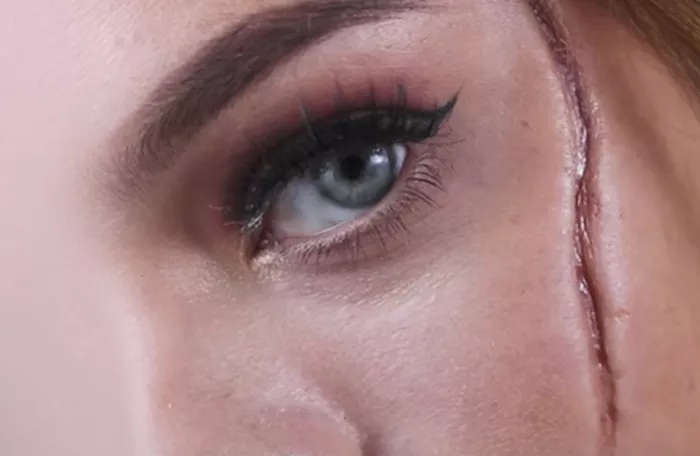In recent years, the popularity of hyaluronic acid injections has seen a remarkable rise, driven in large part by social media platforms that have helped normalize cosmetic procedures such as lip augmentations. This surge in demand reflects changing attitudes toward beauty and self-expression, with many individuals increasingly seeking minimally invasive ways to enhance their appearance. The trend is particularly evident in Germany, where strict regulations govern who can legally perform these treatments.
According to German law, cosmetic procedures involving hyaluronic acid can only be administered by licensed medical doctors or qualified alternative medicine practitioners who have a thorough understanding of the potential risks involved. This regulatory framework aims to protect patients from unqualified providers and prevent complications that could arise from improper application.
Social media platforms play a significant role in promoting these procedures by frequently featuring “before and after” images that showcase dramatic transformations. These images often serve as persuasive advertisements, attracting people who might not have otherwise considered cosmetic enhancements. For example, Alisa Buch, a resident of East Frisia in northern Germany, first encountered lip augmentation through one such online advertisement. She explained that having a fuller upper lip made her feel more confident and beautiful. Acting on this impulse, she consulted a doctor and underwent a hyaluronic acid injection procedure, which cost her around 300 euros.
The cosmetic surgery and aesthetic medicine markets are expanding rapidly across Europe and beyond. However, experts warn that despite the allure of quick and visible results, some procedures carry inherent health risks. Adverse effects such as infections, allergic reactions, or uneven results can occur, especially when treatments are performed by inadequately trained practitioners. This has led to increased vigilance by law enforcement and health authorities. Police departments regularly investigate cases where individuals without proper authorization have carried out cosmetic injections, which poses a serious risk to public health.
In addition to the regulatory and safety concerns, a recent documentary delves into the complex role of hyaluronic acid in cosmetic medicine. It highlights how this substance exists in a delicate balance — on one side, it is a medically approved active ingredient widely used for legitimate aesthetic enhancements; on the other, it is sometimes subject to misuse or overuse, raising ethical and health questions. The documentary emphasizes that while hyaluronic acid injections have revolutionized non-surgical cosmetic treatments by offering reversible and relatively safe options, consumers must remain well-informed about potential side effects and seek treatments only from qualified professionals.
The ongoing popularity of hyaluronic acid treatments illustrates a broader cultural shift towards acceptance of cosmetic interventions as part of everyday beauty routines. This shift also brings new challenges for regulators, healthcare providers, and consumers alike, as they navigate the fine line between cosmetic innovation and patient safety.
Related Topics































